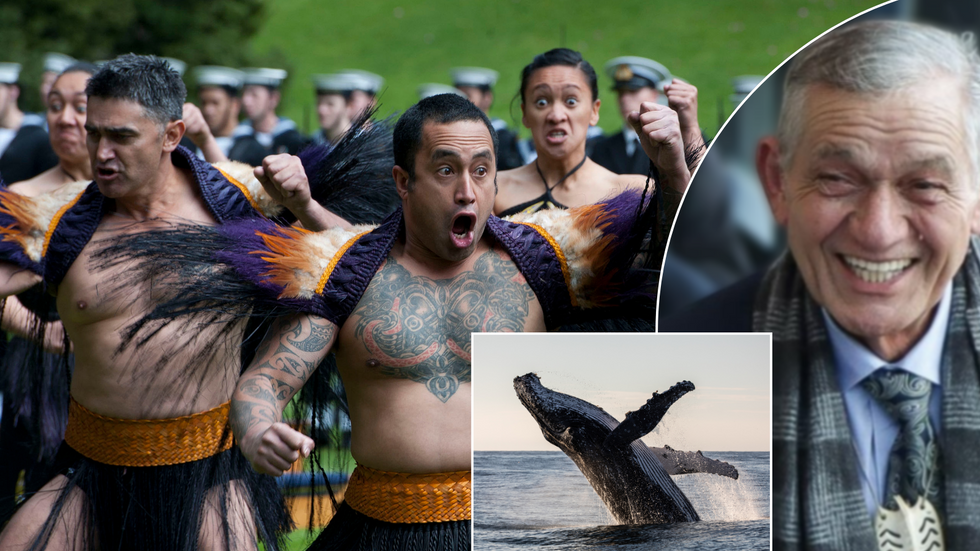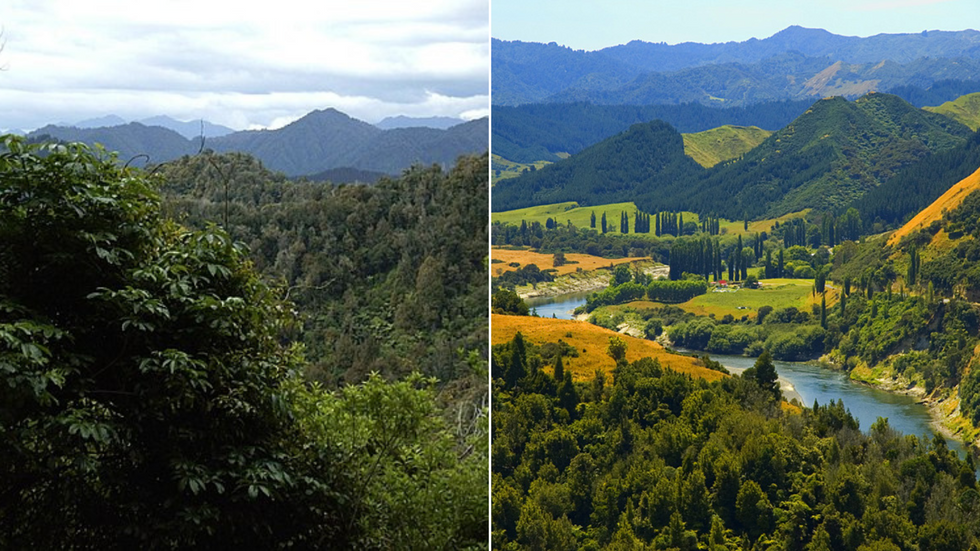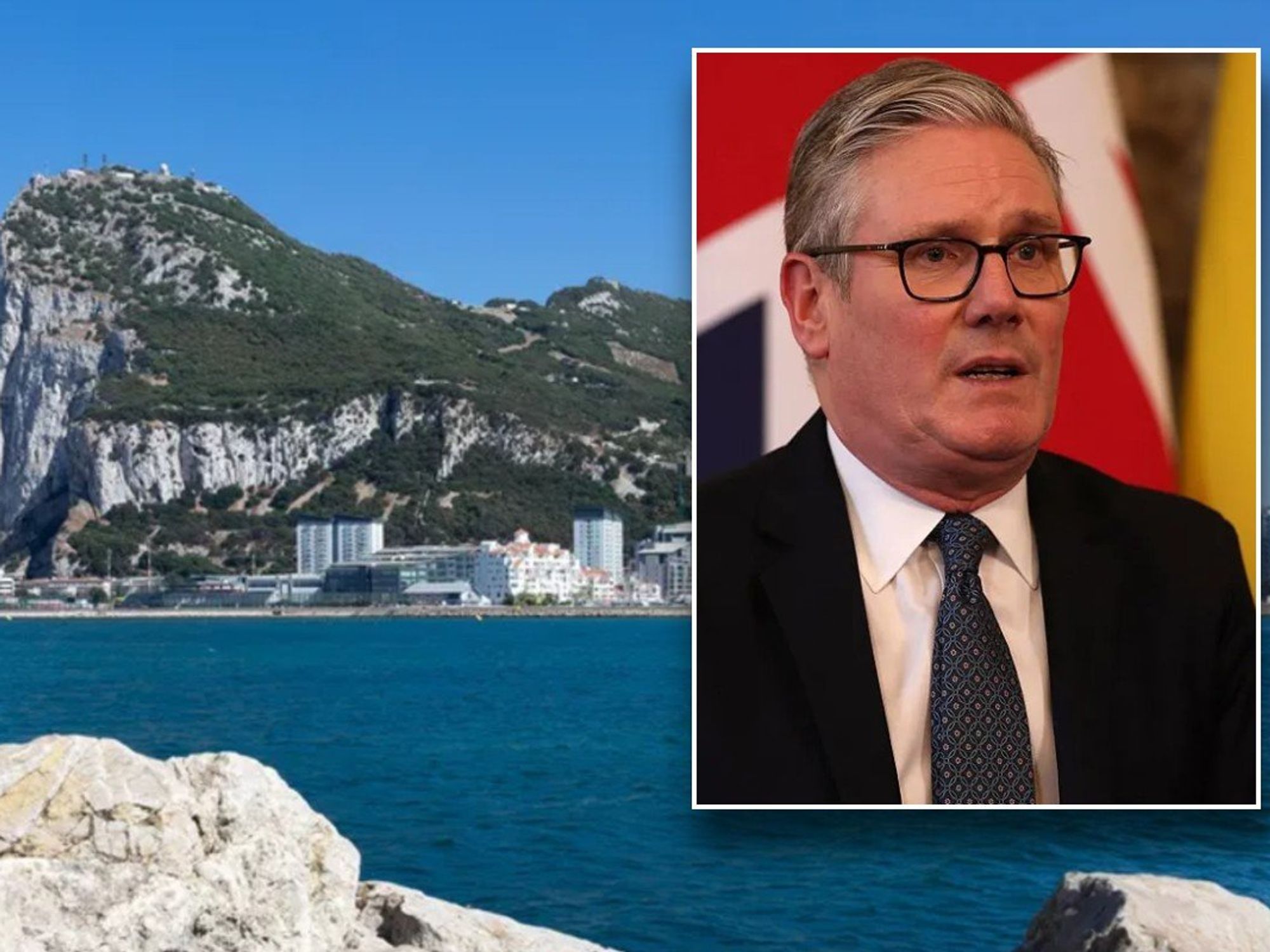'Whales are HUMANS' say native leaders in push for legal rights for the giant mammal

Whales would receive freedom of movement, a healthy environment and a protected laungugage under a new declaration
Don't Miss
Most Read
Latest
The king of New Zealand's Maoris has called for whales to receive protections which would see them awarded "legal personhood" under national law.
Tūheitia Pōtatau Te Wherowhero VII, the Maori king, was one of a number of indigenous leaders across nations in the South Pacific who signed the groundbreaking declaration last week which would see the mammals' rights, including "cultural expression", protected.
The document proposes that whales' "freedom of movement, cultural expression - which includes language - to a healthy environment, healthy oceans, and indeed the restoration of their populations" be protected, according to Maori conservationist Mere Takoko.
The proposed rights, which will require internationally recognised governments' backing to become enforceable, amount to legal personhood.

The document, signed by the Maori king (right) proposes that whales receive legal entitlements to freedom of movement and cultural expression
|Getty/Wikimedia Commons
But the declaration's indigenous signatories, alongside the Maori king, include 15 paramount chiefs of the Cook Islands, a self-governing but New Zealand-adjacent archipelago, and French-administered Tahiti.
Handing the giant marine mammals 'human rights' is not actually as unusual as it sounds, especially in recent years.
In 2017, New Zealand granted legal personhood to the Whanganui River, enshrining the sacred body of water in law as an indivisible, living being.
At the time, Maori leader Gerrard Albert praised the river's recognition, noting the historic moment a legal framework "stem[med] from the intrinsic spiritual values of an indigenous belief system".
MORE LIKE THIS:

Both the Whanganui River (left) and Te Urewera areas have been given 'human rights' in New Zealand in the last decade
|Wikimedia Commons
In 2014, New Zealand's government declared the Te Urewera area in the east of the country's North Island to be the first ecosystem in the world with legal personhood.
The declaration read: "Te Urewera is a legal entity, and has all the rights, powers, duties and liabilities of a legal person."
Moves to give animals legal personhood elsewhere have been met with resistance; in the same year that Te Urewera had its rights bestowed upon it, an appeals court in New York ruled that apes did not deserve the same legal treatment as humans as they did not "give back to society".
But back in the South Pacific, environmental campaigners will likely use the indigenous declarations as a focal point for lobbying.
Conservationists intend to pressure the governments of the Cook Islands, New Zealand, Tahiti and Tonga to ring-fence whale habitats across the region in addition to an existing international moratorium on commercial whaling.
Speaking to Radio New Zealand, Earth Council Alliance chairman Lelei LeLaulu said the declaration was of high importance to whale conservation worldwide.
LeLaulu said: "This is a huge move and I think it will spur action in other parts of the world.
"Eastern Polynesians were guided to their current home islands by the whales. There’s a very strong spiritual and metaphysical tie to the whale."











